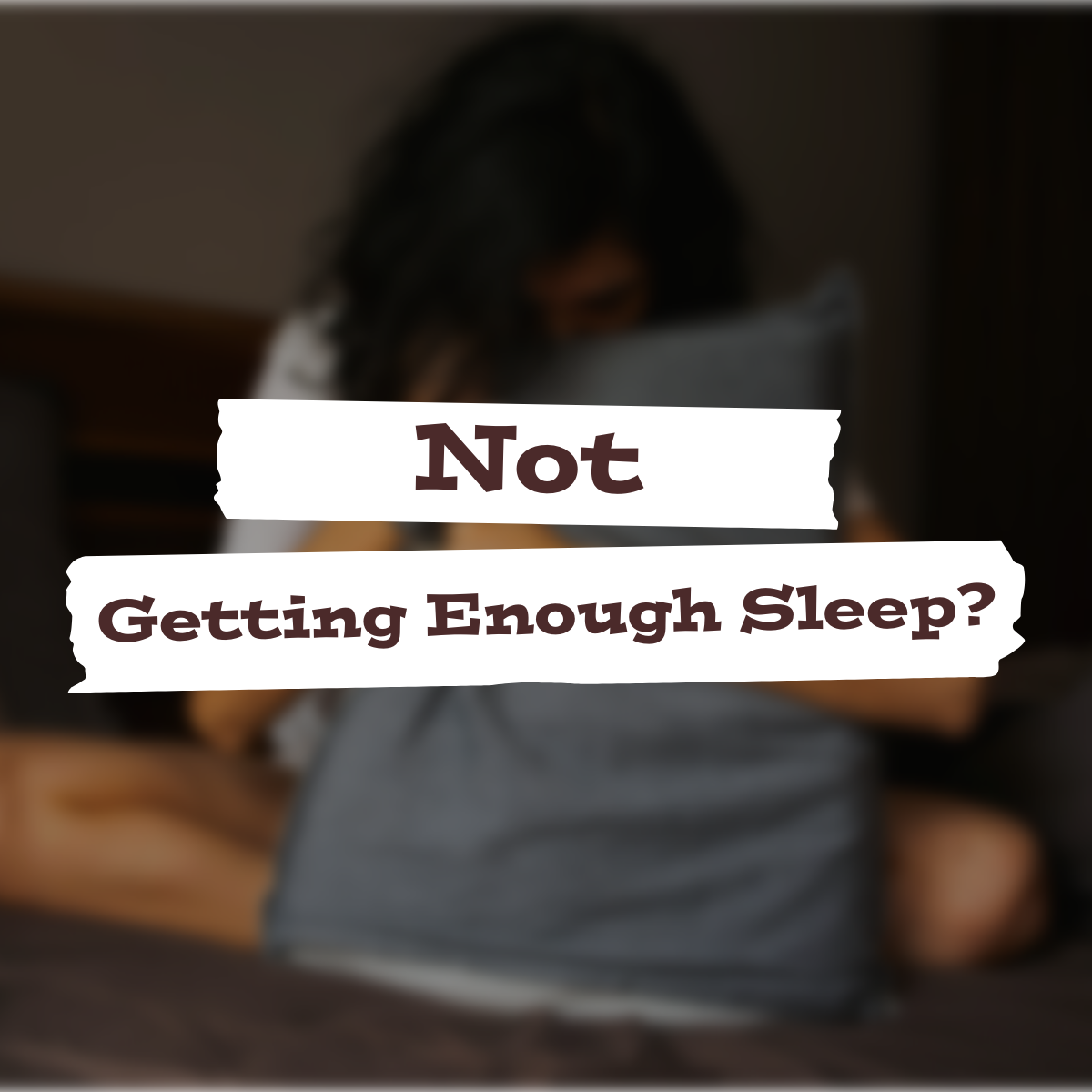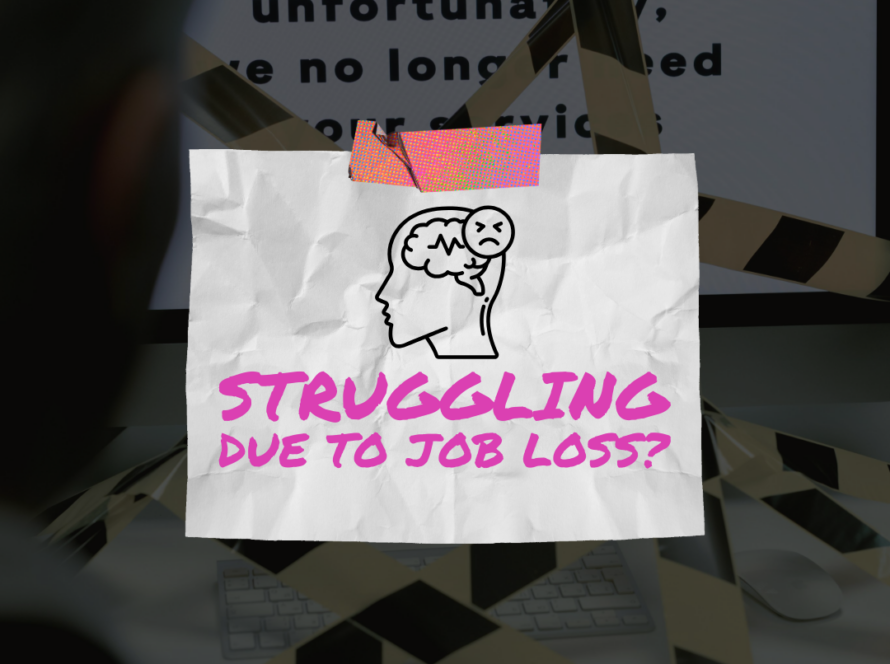Not getting enough sleep?
Not getting enough sleep can significantly impair brain function, especially memory consolidation, learning, attention, and emotional regulation, leading to fogginess, forgetfulness, and distractibility as described by board-certified physician and clinical sleep specialist Dr. Angela Holliday-Bell.
Why Sleep Loss Hurts Cognition
During sleep—particularly slow-wave sleep and REM—new information is consolidated from short-term to long-term memory, so insufficient sleep disrupts this process and leaves thinking slower and recall less reliable the next day. Fragmented or irregular sleep also heightens amygdala reactivity and reduces prefrontal control, which increases stress sensitivity and distractibility that further undermine focus and working memory.
Signs Sleep Is Affecting the Brain
Common daytime clues include mental fog, trouble learning new material, short attention span, word-finding difficulties, and misplacing items more often, all of which reflect impaired encoding and retrieval when sleep is inadequate. People may also notice mood lability or heightened anxiety, which loop back to worsen both sleep and cognitive performance.
What Helps Right Away
Prioritizing consistent sleep and wake times, even on weekends, quickly improves alertness and recall because regularity stabilizes circadian rhythms and boosts sleep quality. A wind-down routine that reduces pre-sleep arousal—dimming lights, limiting stimulating content, and using brief relaxation exercises—can reduce sleep latency and awakenings, supporting better next-day cognition.
When To Consider Structured Support
If worries about sleep or repeated bad nights are creating a cycle of “trying harder” and more anxiety, cognitive behavioral therapy for insomnia (CBT‑I) is a first-line, skills-based approach that outperforms medications for chronic insomnia and specifically targets the thoughts and behaviors that keep the brain “on” at night. Dr. Angela Holliday-Bell emphasizes methods like time-in-bed optimization, stimulus control, and sleep regularity to break this cycle and restore memory and focus.


